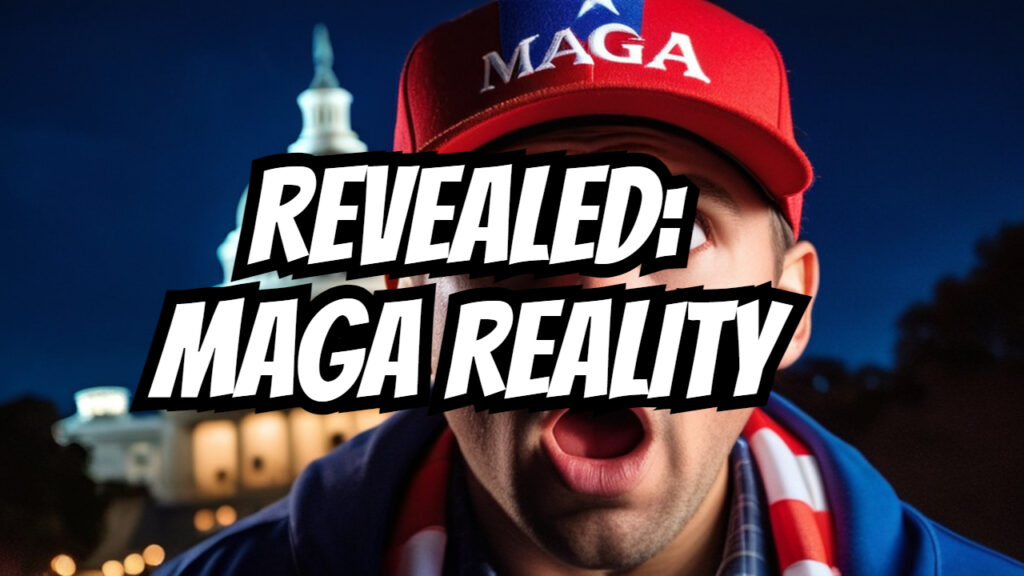Watch this shocking video with a MAGA Republican caller revealing surprising insights and giving hope to those who may have thought it was a lost cause.
MAGA Republican caller speaks.
Podcasts (Video — Audio)
A MAGA Republican caller to my show called in with a story about a bifurcated Republican Party where MAGA is on the ascent and the rest were just RINOs. After hearing my story about the Right Wing offering me a healthy sum of money to become a Right-Wing blogger, he referred me to a similar story where a lawyer claimed to have had a similar experience.
The caller’s narrative unfolds around a blogger who commands a significant following on TikTok. As a purported partner at a reputable law firm, his foray into the digital sphere marks him as a credible figure whose insights attract considerable attention. However, his recent disclosure captures the essence of this discussion – an offer extended to him to disseminate anti-Trump rhetoric, explicitly targeting the narrative surrounding the January 6 Insurrection.
The blogger’s account illuminates a vast, somewhat shadowy economic ecosystem that thrives beneath the surface of political activism and content creation. He describes how explicit instructions were given, emphasizing terms like “criminal conspiracy,” “Trump Republicans,” and “January 6 Insurrection.” This directed approach to messaging suggests a strategic effort to sculpt public opinion, leveraging influential content creators to echo specific sentiments.
Ironically, I have been offered much more than $400 dollars multiple times to post anti-Democratic rhetoric and pro-right-wing stuff that I completely disregarded. While I cannot discount the blogger’s experience, I have never been offered any support from the left or the establishment to conduct that kind of ‘enlightenment.’
This episode transcends the singular instance of a blogger resisting monetary incentives to criticize Trump and delves into the mechanisms of political influence that pervade our digital and social landscapes. It hints at an elaborate infrastructure designed to cultivate narratives that serve specific political ends fueled by substantial financial resources.
The dialogue surrounding the 2020 election further complicates the picture. Despite widespread consensus among election officials, judges, and fact-checkers affirming the election’s integrity, narratives of fraud and manipulation persist. The discussion touches on the peculiar phenomenon where, in states contested by Trump, other Republican candidates secured victories, challenging the logic of selective electoral manipulation. This contradiction points to the complexities of political loyalty and the selective skepticism that often characterizes partisan viewpoints. The MAGA Republican caller seemed unable to rationalize the severe flaw in his belief in the Trump-promoted election fraud.
Moreover, the conversation evolves to consider the reasons behind enduring support for Trump among certain demographics despite divisive opinions about his leadership and persona. It suggests a deeper disillusionment with the political establishment, where Trump’s appeal is not solely about the individual but what he symbolizes – a defiance against a system perceived as failing the average American.
In this context, the surprising revelation about MAGA Republicans and its broader discussion highlights the intricate interplay between political beliefs, economic incentives, and the quest for authenticity in political discourse. It underscores the importance of scrutinizing our information sources and the motivations behind the messages we encounter. As the digital age amplifies voices from all corners of the political spectrum, discerning the genuine from the strategically crafted becomes an ever-more crucial skill for the informed citizen.
Viewers are encouraged to subscribe and join the conversation for more insightful commentary and to support progressive messages. Together, we can populate the internet with progressive messages that represent the true aspirations of most Americans.

